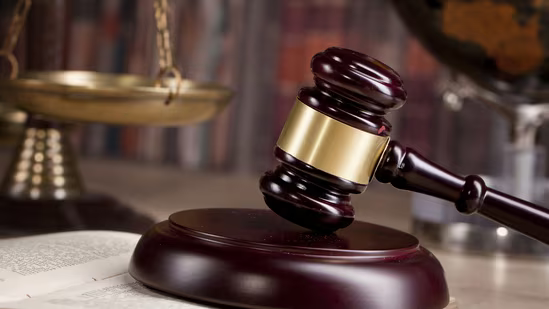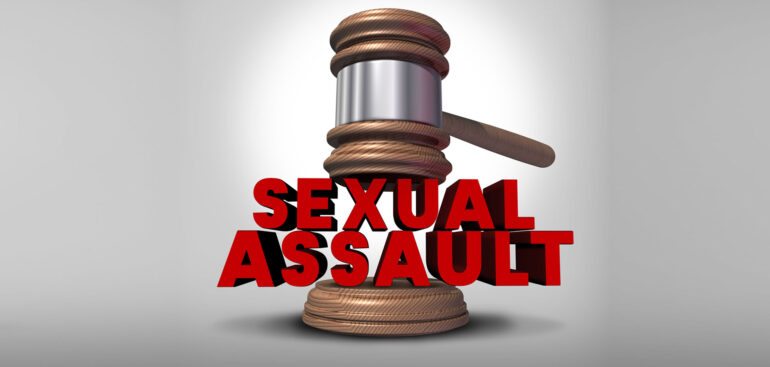Our firm recently represented a young Toronto client, a minor charged with Assault under Section 266 of the Criminal Code of Canada. The allegation involved an incident with a schoolmate, resulting in charges that significantly impacted the child’s ability to continue her education.
When minors face legal challenges, the consequences extend beyond the courtroom, affecting their development, education, and future opportunities. In this case, the initial bail conditions prevented the accused from attending her school, disrupting her routine and education.
Understanding the importance of stability and education in a young person’s life, our legal team worked diligently to secure a variation in her bail undertaking. We presented compelling arguments to the court, emphasizing her right to education, the support of her family, and the absence of any significant risk if conditions were modified.
The court recognized the validity of our submissions and approved the variation, allowing our client to resume her education. This outcome not only restored her access to schooling but also reinforced the principles of rehabilitation and fairness central to Toronto’s youth justice system.
At our Toronto law firm, we are committed to protecting the rights and futures of young individuals facing legal challenges. Our goal is to ensure that their legal matters are resolved with sensitivity and fairness, helping them move forward positively.
If you or a loved one requires skilled representation in Toronto for youth-related legal issues, our dedicated team is here to assist.



